Northern Ireland legacy: Dublin law forbids sole survivor of Kingsmills Massacre from disclosing secret Garda evidence on IRA atrocity
and live on Freeview channel 276
UUP leader Doug Beattie says withholding the evidence on the Kingsmills Massacre from the public raises questions about what precedent groundbreaking new Republic of Ireland legislation governing the case might set for future disclosures by Garda in other cases.
The legacy inquest into the atrocity - which saw 10 Protestant workmen gunned down by the IRA in south Armagh in 1976 - has been pursuing evidence from the Garda since 2014.
Advertisement
Hide AdAdvertisement
Hide AdFinally, in March last year a Garda witness gave evidence on the matter, but behind closed doors in Dublin, to an Irish High Court judge.
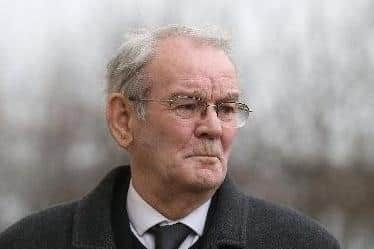

The PSNI's Historical Enquiries Team, which probed Troubles murders, said the “purely sectarian” attack was planned from the south and that the gunmen fled there afterwards.
The getaway van was hijacked and dumped in the Dundalk area, the top three suspects had extensive terror records in the south, four weapons were recovered in Co Louth and four suspects were questioned by Garda. The inquest also heard a key suspect was “a big man in the Provisional IRA in Dundalk”.
Pre-approved questions from the Kingmills families were put to a Garda witness by an Irish High Court judge in March - but behind closed doors in Dublin. Specially drafted Irish legislation for the hearing blocked relatives, their lawyers and the media from attending.
Advertisement
Hide AdAdvertisement
Hide AdAfter vetting, a transcript has been passed to lawyers for the small number of families who have not yet deserted the inquest in frustration.
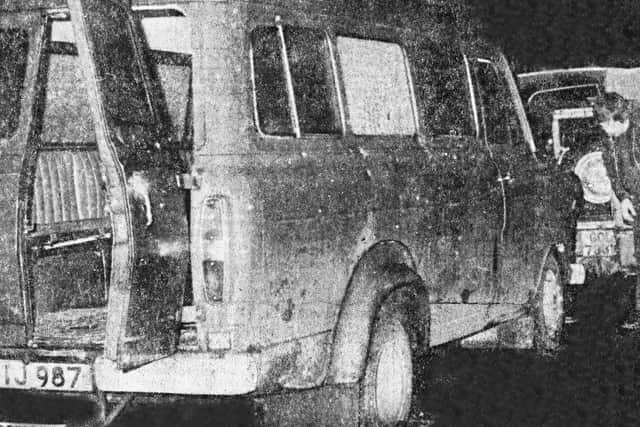

However, requests from the News Letter to the NI Coroners Service about how and when the transcript might be made public have all come to dead ends.
A spokeswoman said it has not been published online, "nor can a copy of the transcript be supplied" as it is subject to southern legislation developed by Irish authorities to facilitate the hearing, the Criminal Justice (International Co-operation) Act 2019.
Asked if families were permitted to publish the transcript, she added that any material provided to families and their lawyers for an inquest "is provided on the basis of an implied undertaking that it should not be used for any other purpose, without the permission of the Coroner". She added that the Coroner "does not intend to publish the transcript".
Advertisement
Hide AdAdvertisement
Hide AdAsked if it was possible the inquest could close without the Garda evidence being discussed in open court in Belfast, she replied that it "would not be appropriate to engage in speculation".
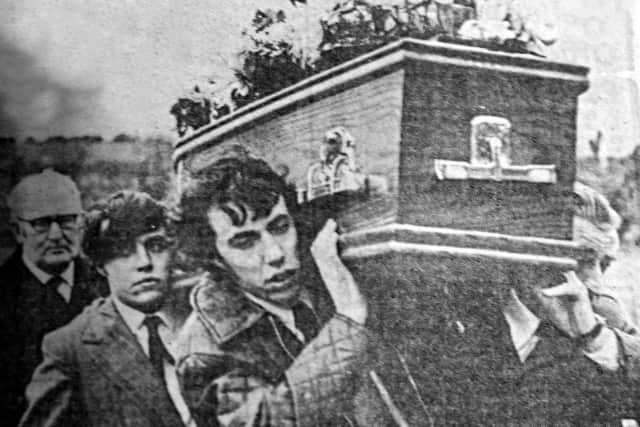

She added that "this is a matter for the Coroner, an independent judicial office holder, to determine and he has not indicated how he intends to proceed".
Barry O’Donnell, lawyer for sole survivor Alan Black, told the News Letter: “The transcript is unlikely to be made public there will be an undertaking from the clients not to disclose it.”
And Mr Black - who was shot 18 times but survived – confirmed he has been told that he cannot disclose it. "The coroner promised at the start of the inquest would be open and transparent and to dispel rumours but it has started more rumours than it has dispelled,” he said.
Advertisement
Hide AdAdvertisement
Hide Ad"I can't stress it enough. This was held in a hearing in secret away from us and our lawyers. We had no idea it was even taking place.”
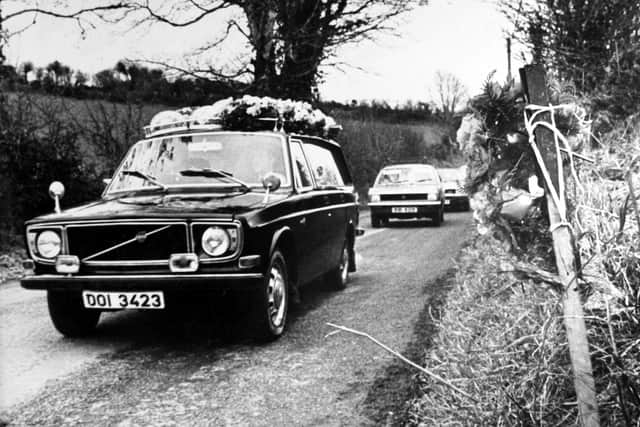

Colin Worton, whose brother, Kenneth, was one of those killed, asked why nationalists are able to have so much transparency in legacy processes by contrast.
“Taoiseach Enda Kenny promised us we would get all the information on Kingsmills from the south, and we were told by the coroner that everything would be open and transparent, there'd be nothing left for anybody to ask questions about,” he said.
Advertisement
Hide AdAdvertisement
Hide Ad“It seems now that this is not the case, that this transcript is going to be only for the chosen few to read and meditate on.
“It just makes you wonder – I am not berating any of them – but how can legacy processes work for one side of the community and not the other?
“If they are not protecting people, then I don't know what other word for it there is. This was one of the worst atrocities and somebody is hiding what happened behind a veil of secrecy.”
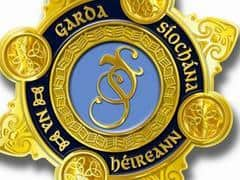

UUP leader Doug Beattie said it was “quite incredible” that the families did not even know when the Dublin court hearing was taking place.
Advertisement
Hide AdAdvertisement
Hide Ad“You would almost think there was something being covered up, and it certainly raises major concerns as to what kind of precedent is being set for future Troubles-related cases in Dublin,” he said.
“We are a world away from the assurances of the then-taoiseach Enda Kenny in March 2015 that the Irish government would cooperate fully.
“Rather, the overriding consideration now seems to be to close down any investigation and avoid public commentary of anything that might prove embarrassing to the Republic's authorities. That is simply not acceptable.”
TUV leader Jim Allister believes that similar secrecy can be expected in future from Garda.
Advertisement
Hide AdAdvertisement
Hide Ad“The utter inadequacy of the new Republic of Ireland legislation this was carried out under provides the shield behind which the Dublin authorities are hiding – and means in any future cases we can expect the same ‘non cooperation’,” he said."
The Irish Departments of Justice and Foreign Affairs were invited to comment.